Author Spotlight Interview: Julie C. Gardner
This week, we got the chance to speak to Julie C. Gardner, a #1 Amazon best-selling author, and writer of beautifully crafted women’s literature titles like Forgetting Ophelia and Letters for Scarlet. We asked Julie about her inspirations and ideas, and how she helps her narrative flow into the written word.

HG: First off, for readers who might not be familiar with you, who IS Julie C. Gardner?
JG: Good question. I wish I knew the answer – ha! I guess I can say the most important thing to me is family — my husband, two kids, and two rescue dogs (we’re rescuing a third in two weeks — a Labrador puppy)! But outside of the home, my life has always revolved around books: reading them, teaching them, writing them, and now lending them out. This is because my three careers have been as a high school English teacher, an author, and an employee of our city’s public libraries. In other words, I’ve had a pretty lucky life, so far.
HG: Surrounded by books!
JG: Always!
HG: So when did you get bitten by the writing bug? What was the first thing you ever wrote?
JG: I started pretending to write before I knew how, scribbling in books with crayons when I was only two or three years old. The first thing I remember writing and “publishing” was a short story in third grade about a dog (not surprising!) named Penny. My teacher liked it, and I was hooked!
HG: What was your route to publishing on Amazon?
JG: I actually started out on the road to traditional publishing, querying manuscripts, finding an agent, and eventually signing contracts with two different publishers for my three novels. My YA novel, Lily by Any Other Name, is with Inkspell Publishing and my Women’s Fiction was with Velvet Morning Press, until they decided to close their doors this spring. That’s when I decided to try my hand at publishing some of my work on Amazon, including Letters for Scarlet and Forgetting Ophelia. I’ve spent years learning the ropes, making mistakes, and celebrating wins. It’s all part of the process, and a dream come true for me, for sure!
HG: So what was the biggest challenge you’ve faced in self-publishing?
JG: Honestly, I haven’t really experienced what it would be like to self-publish, from the ground up. My publishers did all the work and transferred my books from their press for me. So the biggest challenge I’ve faced is the only challenge I’ve faced: marketing and promotion. I don’t enjoy that aspect of writing. Like many authors, I just want to write! But if the books don’t sell, it’s hard on every level. I wish I were better at selling/promoting myself and my work. Okay, much better at puppies!
HG: It’s really tough. I come from a sales and marketing background which helps, but there’s no magic button! So, what’s the writing process for you? What goes into writing a book? Do you plan it out beforehand?
JG: All three of my full-length novels started with the seed of an idea and grew from there. I definitely didn’t use outlines, but instead let the story come to me in bits and pieces. Then revise, revise, revise; ditch what doesn’t work and improve what does.
When I was writing my first two books, I was also training for marathons and running multiple times a week. It was on runs (or walks with my dogs) that I solved most of my plot problems. Now I have an idea for a new series — a romcom, which I’ve never tried before — and I’ve already outlined the first book in the series. If I follow through on this, it will be the first time I’ve “plotted” a novel. I’ve always been more of a “pantser” for sure.
I also have a sequel to Forgetting Ophelia already written but it needs a revision. I’m just waiting for the right time for a deep-dive into a (hopefully) final rewrite.
HG: What’s the physical act of writing like? Do you write on a laptop? Do you have a home office?
JG: I have a laptop so I can be mobile, but I do tend to write in stretches for months at a time in a spot that is a current favorite or most convenient for whatever reason. I wrote the first draft of Letters for Scarlet at a desk in a rental house we lived in for six months after a fire in our garage displaced us from our home. I wrote Forgetting Ophelia in a writing nook I made at the top of our stairs, but wrote Lily by Any Other Name downstairs at the kitchen counter because we had a puppy at the time and I didn’t want to leave her unattended behind the doggie gate downstairs. So while I’m flexible, I do get into a routine with each project. That consistency helps keep me on target and creating, even on days when I’m not feeling creative.
HG: It’s so cute about you not wanting to leave the puppy alone! My mother was a writer and when I asked her how she managed to write her books (on a typewriter no less, this was the 1970s) when she had three kids, she told me: “Oh, I just put you in a playpen in the living room and left you until I was finished.”
JG: Ahh yes. The 70s, when mothers felt no guilt – ha!
HG: So, how long does it take you to write a full-length novel? And what is the revision time like? How many drafts do you go through?
JG: Well, I am not speedy, especially compared to most writers in the indie world — some of whom produce novels every few months. The easiest answer is that I wrote four full-length novels in ten years, so the process for me is definitely in the two-three years range from start to finish, on average. (That includes multiple drafts with beta readers, two to three revisions, and querying time, too.) Once I started, though, I published in 2016, 2017, and 2018, plus I’d like to publish my fourth novel later this year or early next year. So the first five-ish years of authorship for me were a time of learning curves and starting a blog and diving into social media and building a platform, all of which go along with the job.
HG: They certainly do! So, what’s the best piece of advice you’ve ever received about writing?
JG: Oooh. Hmm. There is a lot of advice out there, as I’m sure you know! I tend to believe writers and authors need to find what works for them, and that each person’s routine and inspiration is unique, so it’s hard to fall back on someone else’s words do wisdom for success. One idea I do embrace comes from Stephen King who suggests that if you don’t have time to read, you don’t have time to write. That’s a paraphrase, but the gist is that reading (and I’d add reading A LOT) is one of the best practices we can employ. In genre, of course, but also simply for the joy of it, regardless of craft. And from my own experience, when I’m deep into a project, I do try to write every day — even if it’s freehand for ten minutes with a timer set. I get a surprising amount written in ten minutes when the clock is ticking and I don’t pause to edit/overthink. Sometimes as much as 500 words/two pages of new work. And often, because I’m tapped in and not obsessing over the content, it’s better than what I write when I’m staring at a keyboard with two hours of (intimidating?) writing ahead of me. I hope some of that made sense!
HG: Finally, where can readers go to find out more?
JG: You can visit my author website, my Instagram, Twitter or Facebook page – or my author page on Amazon.


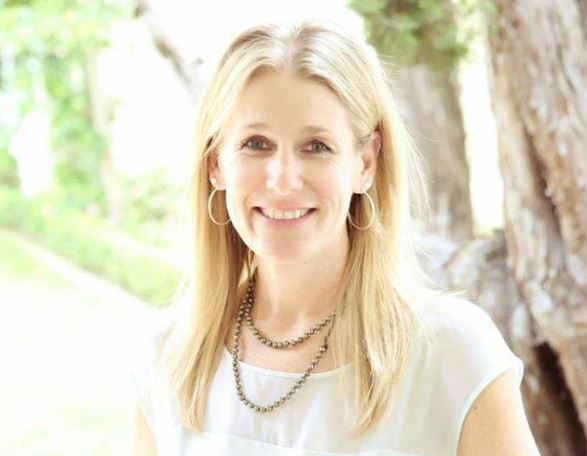

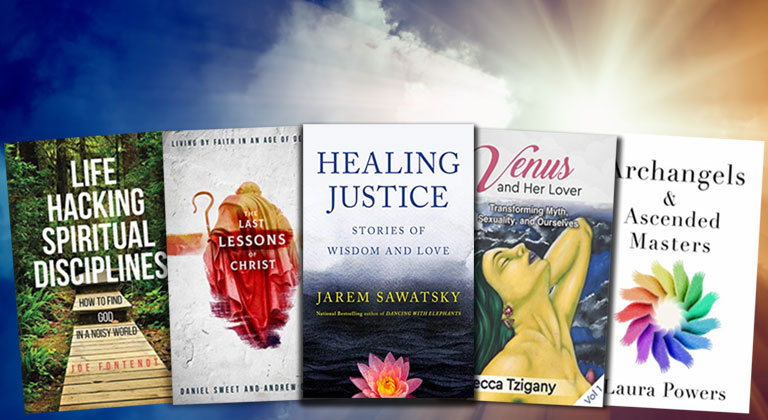
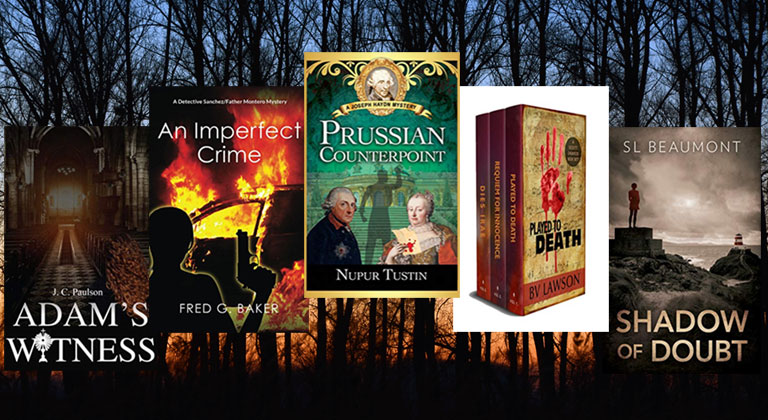

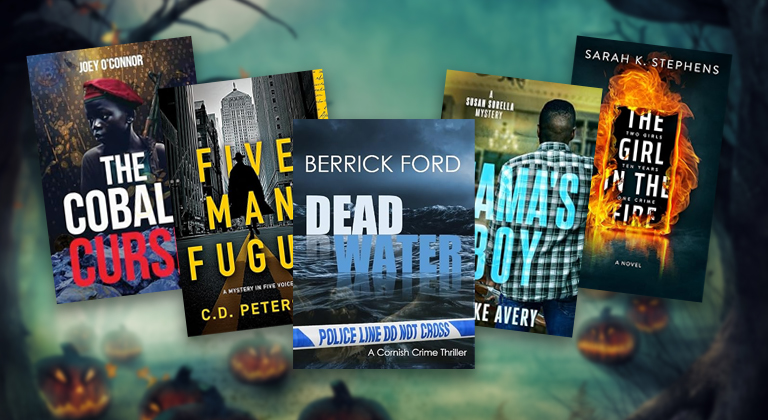
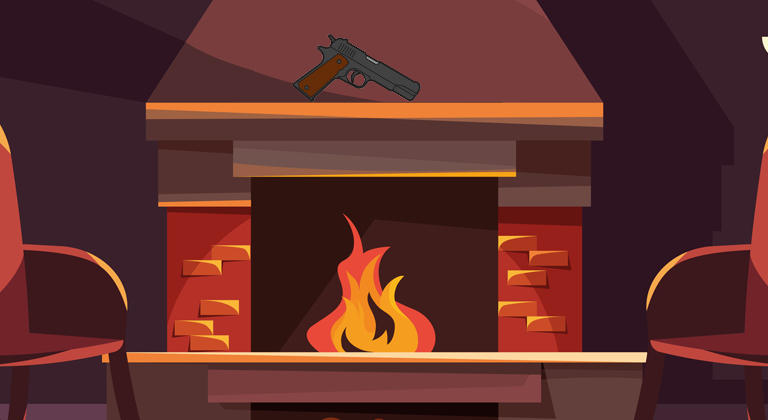
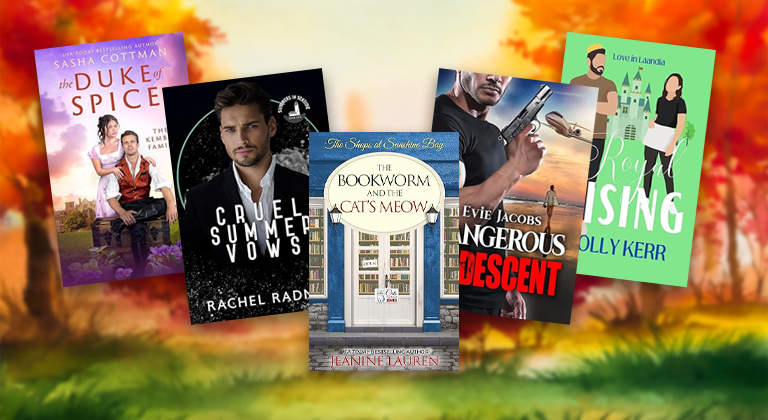

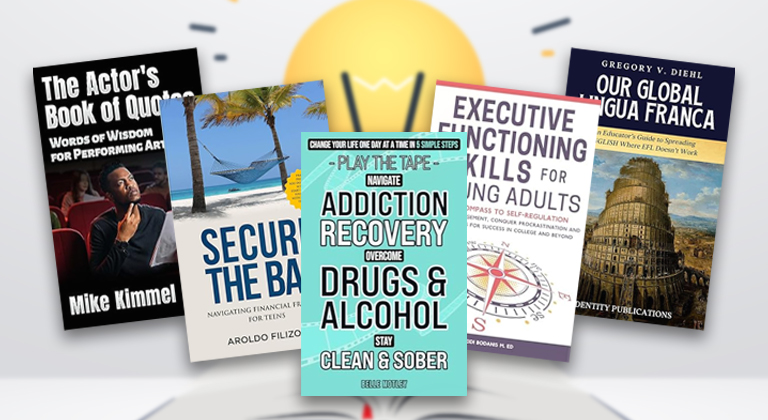
Although I feel that I know Julie extremely well, I am always happy to learn something new about her. I love that she wants to be “much better at puppies!”